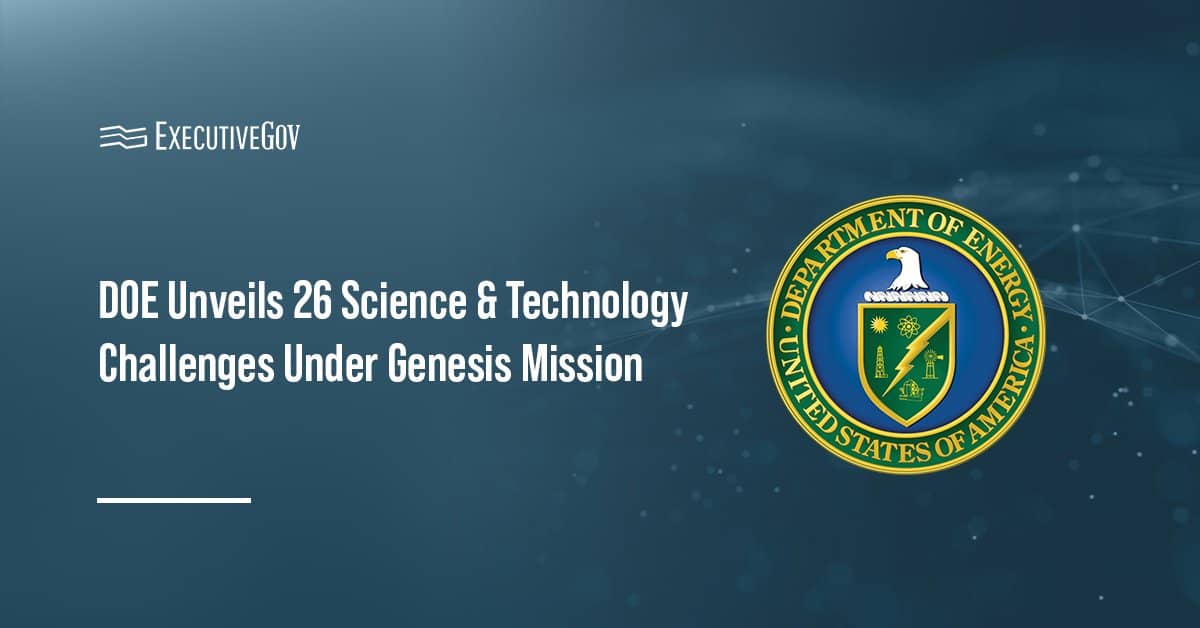Space Systems Command’s Space Sensing Directorate is seeking information on a planned migration of existing Space-Based Infrared System assets from a legacy ground command and control system to a modern platform.
According to a request for information posted on SAM.gov, the Future Operationally Resilient Ground Evolution C2 system will store data from existing satellite assets including SBIRS Geosynchronous Equatorial Orbit space vehicles and SBIRS Highly Elliptical Orbit hosted payloads.
FORGE will also house information gathered from the Next Generation Overhead Persistent Infrared system to be deployed to geosynchronous Earth and polar orbit.
Legacy SBIRS and Next-Gen GEO transition to the new platform is expected to begin in 2026. Space Systems Command is looking for industry comments to inform the government’s acquisition approach to commence the project.
Responses are due Aug. 31st.





